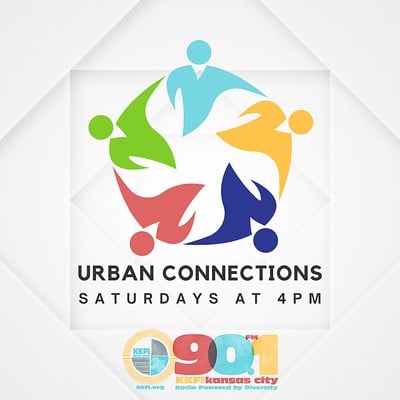Diabetes is a disease in which the body has problems producing or using insulin, a hormone needed to convert sugar, starches and other food into energy. Compared to the general population, African Americans are disproportionately affected by diabetes.
Urban Connections series on health and wellness continues with a discussion of diabetes with Dennis Boody, MSW and other representatives from Riverview Health Services.
Host and producer: Donna Morrow Wolfe Co-host, co-producer: Joseph Jackson
Established in 1989, Riverview Health Services connects hundreds of uninsured children and adults with affordable health services each year. Riverview’s staff helps uninsured and underserved residents of Wyandotte County and the surrounding area. The agency provides a free diabetes self-management education program, provides glucose meters and strips, and access to free and low-cost prescription medications.
Our Mission: To facilitate health care access and provide health literacy services for individuals who are indigent, uninsured or underinsured.
Riverview Health Services, a nonprofit organization, works with the community’s low-income residents to quickly and efficiently match individuals with the health services they need. Each year, over 2,000 uninsured children and adults come to Riverview Health Services seeking solutions to their health concerns.
Clients are referred by neighbors and relatives, emergency room workers, social service agencies and churches. They suffer from injuries, undiagnosed pains, chronic diseases and other health problems. Some have jobs, but still don’t have health coverage.
While there are resources for low-income individuals for medical care, many people simply don’t know where to go or how to ask for the help they need. Financial worries, lack of transportation, language difficulties and poor literacy block their access to health care.
Riverview’s experienced advocates reduce these barriers to care. They listen to their clients’ stories, assess their health situations and connect them to medical care at nearby safety-net clinics.
The agency provides a Diabetes Education Program and free or low-cost Diabetes supplies.
They also enroll clients for long-term medication needs through pharmaceutical patient assistance programs and provide limited assistance for medications at area pharmacies.



